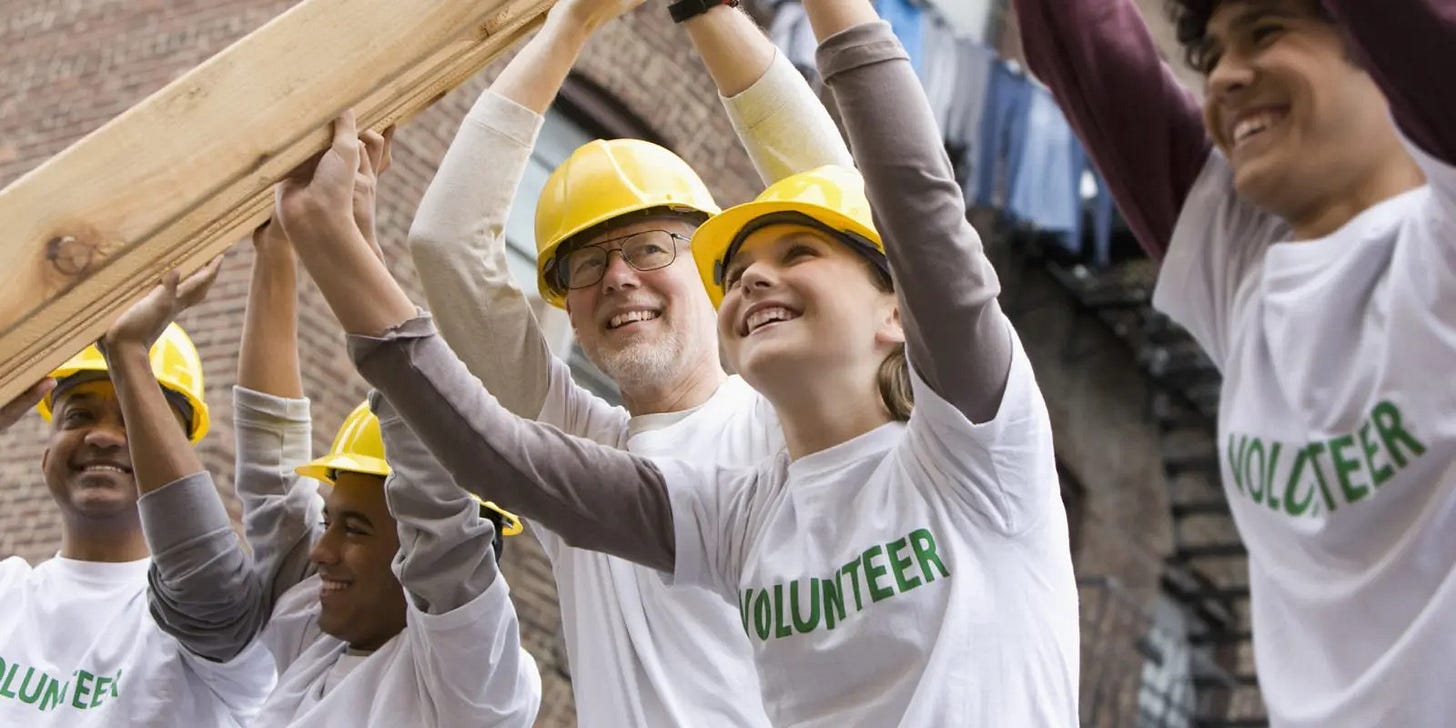Building Common Ground in a Divided Society
The Mercatus Center names more than a dozen thinkers, writers and doers to receive grants aimed at promoting pluralism
The Mercatus Center today awarded grants to more than a dozen thinkers, writers and doers who will devise projects to address the challenge of sustaining liberal democratic institutions. This first cohort of recipients under the center’s Program on Pluralism and Civil Exchange will embark on projects ranging from books and academic studies to digital games and the application of data-analytics tools.
Some of the projects will examine the nature of polarization in society and how we can understand it better; others will study the roots of classical liberalism and the various lenses through which we can see the scope of our current differences. Some recipients will develop practical, long-term approaches for building a more tolerant and pluralistic society. We hope to announce more recipients in the coming weeks and months.
Several recipients are familiar to regular readers of Discourse. Ilana Redstone and Henry Thomson have written for the magazine, and Robert Tracinski is a regular contributor and in December launched his monthly Discourse column, “The Neo-Classical Liberal.” Just as Discourse articles span a wide range of topics, these projects will tackle the underlying causes of illiberalism in our society from a variety of angles.
A Range of Efforts
Mercatus launched the pluralism program last June. Its goal is to address the question—through research and practice—of how we can live together peacefully amid deep divides. Over the past several months the program has started several projects to advance its mission of fostering a deeper understanding of pluralism and its role as a core attribute of a classical liberal society.
The Program on Pluralism and Civil Exchange established the Pluralist Lab, which brings together students from across the ideological spectrum to practice civil discourse on policy issues such as housing, education and technology. It has appointed visiting fellows to conduct research on viewpoint diversity, populist authoritarianism, the history of liberalism and other topics. These fellows write about the various challenges to liberalism and explore potential solutions.
Additionally, we seek to engage a broader community of thinkers and doers, of intellectuals and builders, who share the task of building a future where a true liberal society will become a reality. So last month we announced that we would award grants for entrepreneurial initiatives to address this challenge, and we put out a call for proposals.
The initial grantees are:
Desiree Desierto and Mark Koyama, George Mason University: an analysis of the historical foundations of liberalism and pluralism
Kevin Gomez: a politics, philosophy and economics reading program at the DeVoe L. Moore Center, Florida State University
Sheena Mason: a book on overcoming racism
Ryan Muldoon and Jacob Neiheisel: studies on civic equality
John Nerst: a book on disagreement
Edward Oughton, George Mason University: an online tool using data analytics to identify strategies to boost pluralism
Tarunima Prabhakar, Adhirai Singh and Denny George: a digital game that illuminates the spread of misinformation
Ilana Redstone, Mill Center for the Advancement of Critical Thinking: a high-school curriculum on critical thinking
Heather Shayne Blakeslee, Root Quarterly: a print art and commentary magazine
Jonathan Stray: a website on polarization trends in the U.S.
Henry Thomson: a book on economic nationalism
Robert Tracinski: a Substack addressing the intellectual foundations of political liberalism
More information about these projects is available on the Mercatus website. Many of these recipients will share more about their projects with Discourse’s readers in the months ahead. And if you have an idea that you think would aid the advancement of pluralism and classical liberalism, consider applying for a grant.




